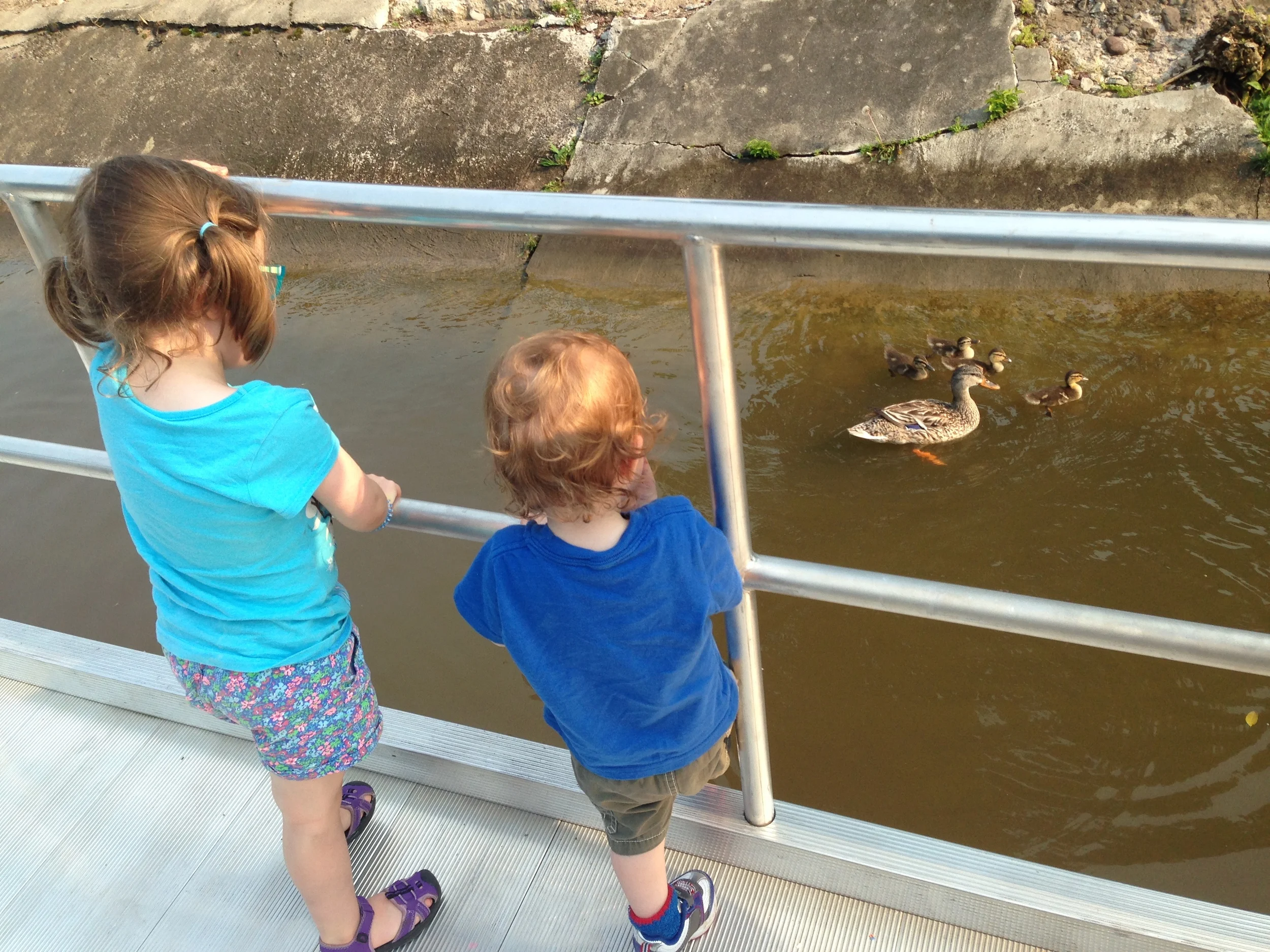Some folks may have noticed that I've been a bit quiet on the blogging front lately.
There are three main reasons for this:
- Private Practice is really taking off! Thank you to everyone who has made the time to make an appointment with me, those who have made referrals, and those who have recommended me to your family, friends and colleagues. I cannot do this without you!
- I'm preparing for a few speaking engagements this fall. Stay tuned to this blog for exact dates and times. I am honored and excited to partner with local not-for-profits and organizations that serve families in our Rochester community.
- I was asked to write another blog for The Scientific Parent. This time my topic is Developmental Milestones and Delays: When to Seek Help
Like in my previous blog entry for The Scientific Parent, What is Autism & When Should Parents Seek a Diagnosis?, this time I wanted to provide some concrete information and additional perspective for parents and caregivers. In this recent post, I focused on giving caregivers guidance about whether their children are meeting their developmental milestones on time. This is a worry most parents confront at some point in time, as they watch their child's behaviors around same-ages peers at the play ground, in child care settings, or within the family. Writing this article gave me a great opportunity to address some of the concerns that impact perceptions, such as comparing the child's progress to peers, siblings, family, even the parent's own childhood development timelines. I was also able to tackle the concept of a milestone being continuous, componential, and variable in onset. Read on to learn what I mean.
“So what does it mean to meet a developmental milestone? We tend to view the meeting of a milestone as a binary event: Either they’ve done it or they haven’t. Milestones are rarely all-or-none in the final analysis. Remember the time you spent repeating “dada” or “mama” over and over to your baby as they studied your lips and tongue to try and mimic the sound. There were likely many attempts that came out as “ada” and “da” before they were able to finally say “dada” or “mama.” ”

